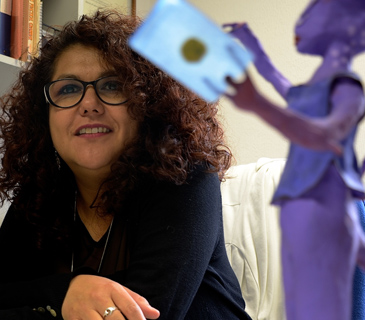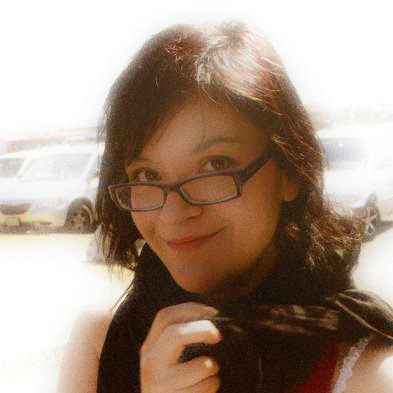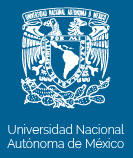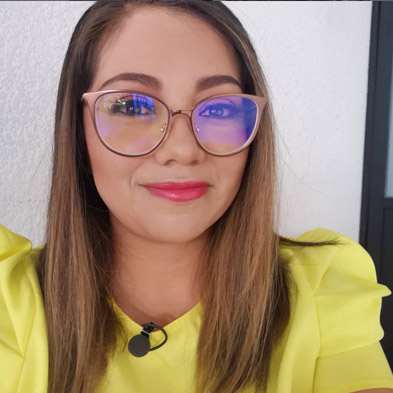Research: Science Communication Unit
Science Communication from the ICN
Science communication is often conceived as a multidisciplinary task that consists of creating discourses with which the public can understand and learn about science and technology topics to awaken their interest and recognize the importance of science and technology in their lives. The objective of this perspective is to promote a favorable attitude of the public towards science and technology.
UCC-ICN perspective is different. For us, public communication of science and technology is a professional and interdisciplinary discipline that seeks to manage dialogue and negotiations between social groups that, voluntarily or involuntarily, are involved with an aspect related to technoscientific development to generate relationships of coexistence among all participants. Our communicative objective is intercultural, there is no viability of technoscientific communities without ecological and social viability, and vice versa.
Therefore, our academic interest is not solely focused on analyzing and producing communications from the scientific sphere towards the audiences, but also on addressing the different contexts in which heterogeneous images and scientific and technological practice are produced and shared: the media representation, the images of the different social groups, the possibilities of action that each social group has, the idealizations and mutual expectations in the various cultural instances, etc.

Antígona Segura Peralta
Researcher
Science Communication Unit Coordinator
Department of Plasma Physics, and of Radiation with Matter
antigona@nucleares.unam.mx
Dr. Antígona Segura Peralta is a researcher in the Department of Plasma Physics, and
of Radiation with Matter at the Institute of Nuclear Sciences, UNAM.
She holds a bachelor's degree in physics, a master's degree in science (astronomy), a diploma in science communication, and a Ph.D. in Earth sciences. As a researcher at UNAM, she works on planetary habitability, remote detection of biosignatures, and the initial conditions of the solar system. She collaborates with the Virtual Planetary Laboratory affiliated with NASA's Nexus for Exoplanet System Science. She was president of the Mexican Society of Astrobiology from 2011 to 2013 and again from 2020 to 2021. For her efforts in defending women's human rights in academic spaces, she received the Hermila Galindo Medal in 2022, awarded by the Mexico City Congress.
Personal Pages:
Academic Page at ICN
Biography on CreadorasICN

Aline Guevara Villegas
Academic technician
Intercultural Communication on the Technoscientific Development
Visual Science Communication
aline.guevara@correo.nucleares.unam.mx
My academic work encompasses two aspects: the first consists of analyzing, from the philosophy and sociology of science, the concepts that different paradigms of public communication of science and technology have taken for granted, but are actually fundamental to them (such as “knowledge”, “science”, “audience/audiences”, “freedom”, “democracy”, etc.). I have, particularly, specialized on analyzing the traditional current known as “Public Understanding of Science”, and the current known as “Public Engagement with Science”. It is through this analysis that I trace how the preconceptions that underlie each paradigm establish hierarchies (power relationships) among the various cultural systems of knowledge. I am interested in locating the philosophical similarities and differences of paradigms that, from a superficial perspective, may appear different or alternative, to generate other ways of creating and reflecting on the interactions between diverse social and cultural groups involved with the scientific-technological development.
Another aspect, closely linked with the first one, has to do with the scope of the discursive instruments of visual texts on public communication of science and technology, in order to produce ontologies (experiences) of technoscientific objects in the public sphere. I am interested in the production, through visual discourses, of public experiences of technoscientific aspects that would not otherwise be object of experience, and above all, of power relationships (through framings) that are presented in parallel to the “objective” content of scientific information.
Personal pages:
In researchgate.net
In academia.edu
Biography in CreadorasICN
Verenise Sanchez Correa
Academic technician
Science Journalism
Digital Marketing and Social Media
verenise.sanchez@correo.nucleares.unam.mx
She has a Bachelor’s Degree in Communication Sciences, specializing in Journalism, by the School of Political and Social Sciences, UNAM. Through her more than 10 years of professional career, she has worked in various media such as Milenio Diario, La crónica de Hoy, and Capital 21. Likewise, she has worked in various institutions, such as the National Institute of Anthropology and History (INAH), the National Council of Science, Humanities and Technology (CONAHCyT), and the Secretariat of Public Education (SEP). Currently, she is a candidate for a master’s degree in Digital marketing at Universidad Latinoamericana.
Besides her passion for science journalism and dissemination, Verenice Sánchez enjoys swimming and running, in fact, she has run 5 marathons and over 35 half-marathons.
Personal page:
On Instragram




